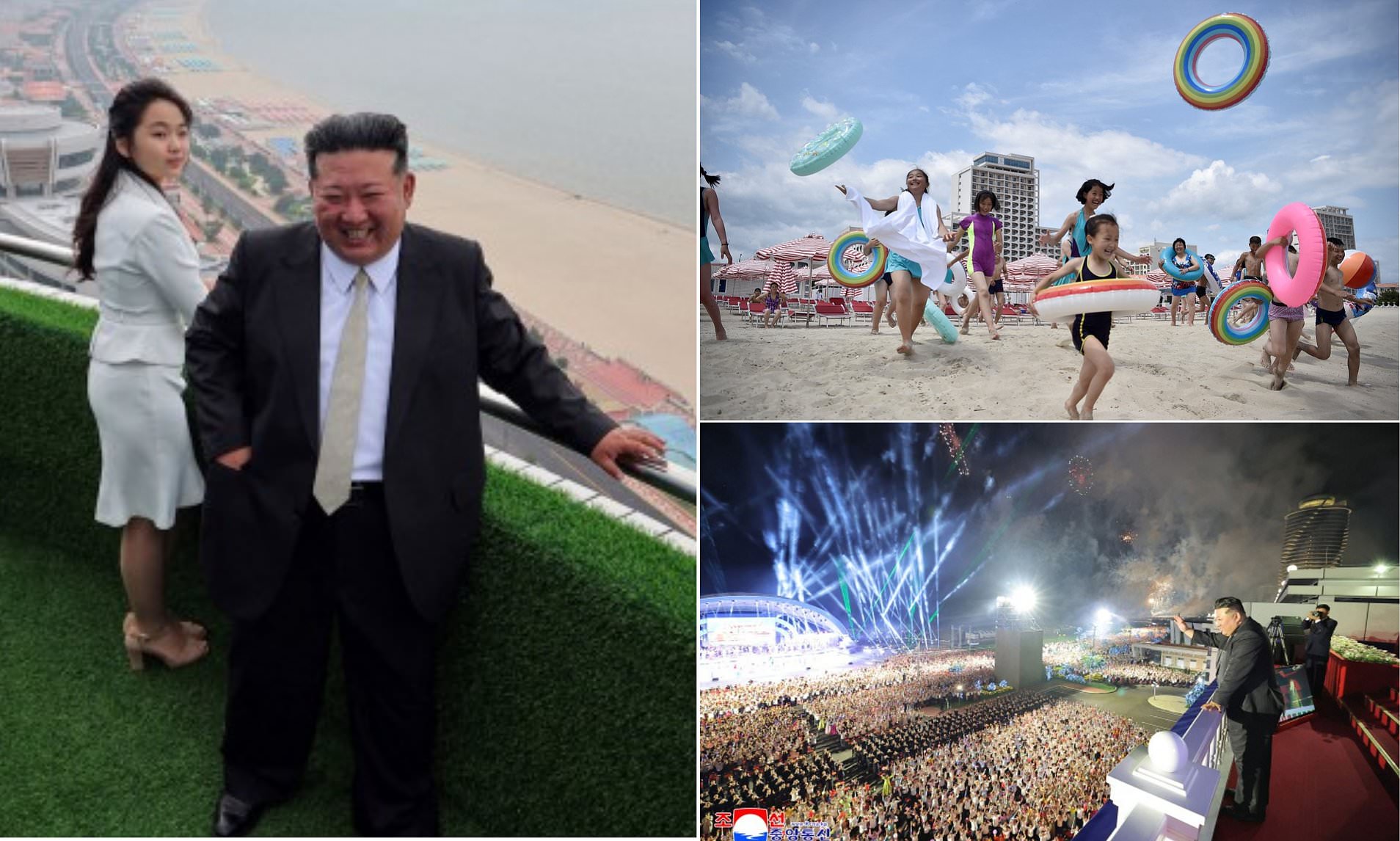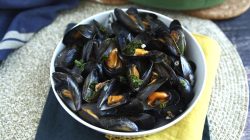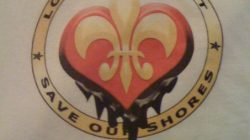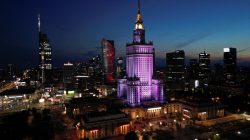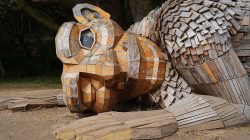North Korea’s Sudden Restriction on Foreign Tourists
North Korea has taken an unexpected step by banning foreign tourists from entering its newly opened holiday resort, just weeks after promoting the seaside retreat as a ‘world-class tourist and cultural destination.’ This sudden decision has raised questions about the country’s strategy and the readiness of the resort.
The abrupt reversal came only days after Russian Foreign Minister Sergei Lavrov visited the site on July 12. During his visit, he was hosted by North Korean leader Kim Jong Un, who referred to Lavrov as the resort’s ‘first foreign guest.’ The timing of this visit seems significant, given the recent changes in visitor policies.
North Korea’s official tourism website, DRP Korea Tour, announced on Wednesday that foreign visitors are ‘temporarily not accepted’ at the Wonsan-Kalma Coastal Tourist Area. However, no specific reason was provided for the restriction. This lack of transparency has added to the mystery surrounding the move.
A Resort with High Hopes
The resort, located on the country’s east coast near an airport in the Kangwon Region, officially opened its doors on June 24. It had been delayed for years due to international sanctions and the ongoing effects of the Covid-19 pandemic. Initially planned to open in April 2019 to coincide with the birthday of North Korea’s founding leader, Kim Il Sung, the resort was expected to be a major boost for the nation’s struggling tourism industry.
North Korean state media described the development as a ‘national treasure-level city’ and one of the regime’s greatest accomplishments of the year. The complex stretches along 2.5 miles of white-sand coastline and is reported to be capable of accommodating up to 20,000 visitors. It features over 40 hotels, guesthouses, and leisure facilities modeled after those found in international beach destinations.
When the resort was first opened, Kim was photographed standing on a sandy beach alongside his daughter and presumed heir, Kim Ju Ae. Despite the initial fanfare and reports of domestic visitors enjoying the amenities, analysts and satellite imagery suggest the resort may not yet be fully operational.
Concerns About Operational Readiness
The US-based 38 North programme reported that several buildings, including a major hotel near the Kalmaegi Hotel, appear to be unfinished or inactive. One rooftop pool remains empty, and some buildings are missing from official maps. These observations raise concerns about the resort’s readiness to welcome foreign guests.
The temporary closure to foreign guests has sparked questions about the resort’s readiness and Pyongyang’s strategy for promoting international tourism. Russia remains the only country whose citizens have been permitted entry since North Korea relaxed its pandemic-era border restrictions. A Russian travel agency had reportedly scheduled two additional group tours for August.
During Lavrov’s visit, Russian media praised the resort’s facilities, although a reporter from Kommersant observed that the beach appeared largely deserted. A separate Russian media report claimed that local North Koreans were used to simulate tourist activity during the visit.
Economic Implications
Tourism represents a rare and vulnerable source of foreign currency for North Korea, which remains under heavy international sanctions. Experts suggest that the current ban on foreign visitors is likely to last if Pyongyang hopes to recoup the costs of the high-profile project.
“If foreign tourists aren’t allowed to the site, Russian rubles, Chinese yuans and dollars won’t come in. Then, North Korea can’t break even and it has to shut down the resort,” said Ahn Chan Il, head of the World Institute for North Korean Studies think tank in Seoul.
The North Korean government has provided no official explanation for the sudden policy shift. However, some analysts believe the move reflects lingering construction issues or concerns about appearances should foreign visitors witness conditions that fall short of state media’s portrayal.
Future Prospects
Rachel Minyoung Lee, a non-resident fellow at 38 North, said the opening of the Wonsan-Kalma resort serves to support state messaging around Kim Jong Un’s ‘people-first’ policy while balancing his continued focus on military development.
“Wonsan-Kalma is open to just North Koreans for now, but we should not be surprised to see Russians at the resort in the not-too-distant future,” she told CNN.
Meanwhile, the regime has unveiled a new railway station at Kalma to support access to the tourist zone, touting its role in providing ‘a high level of convenience’ for travellers.

